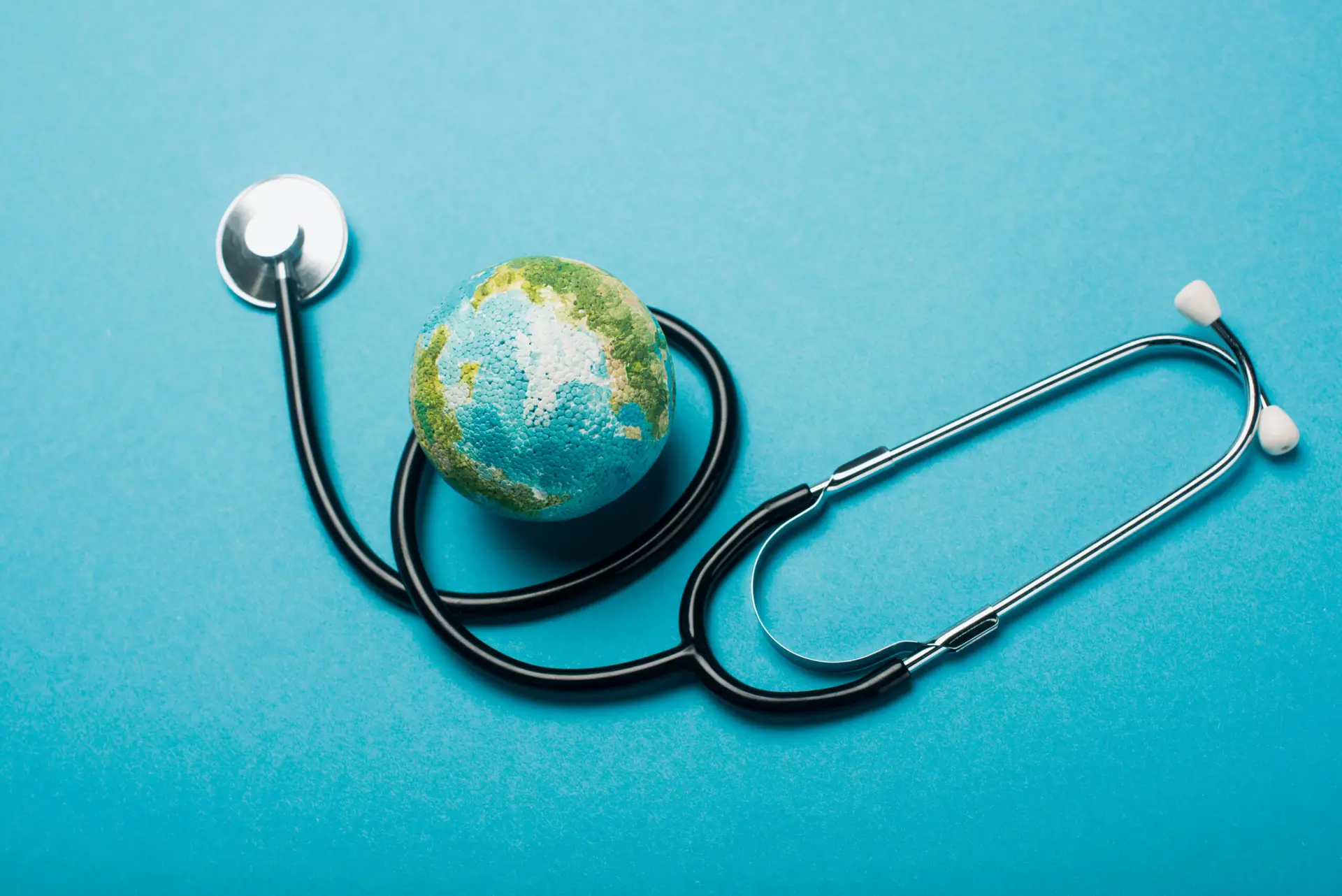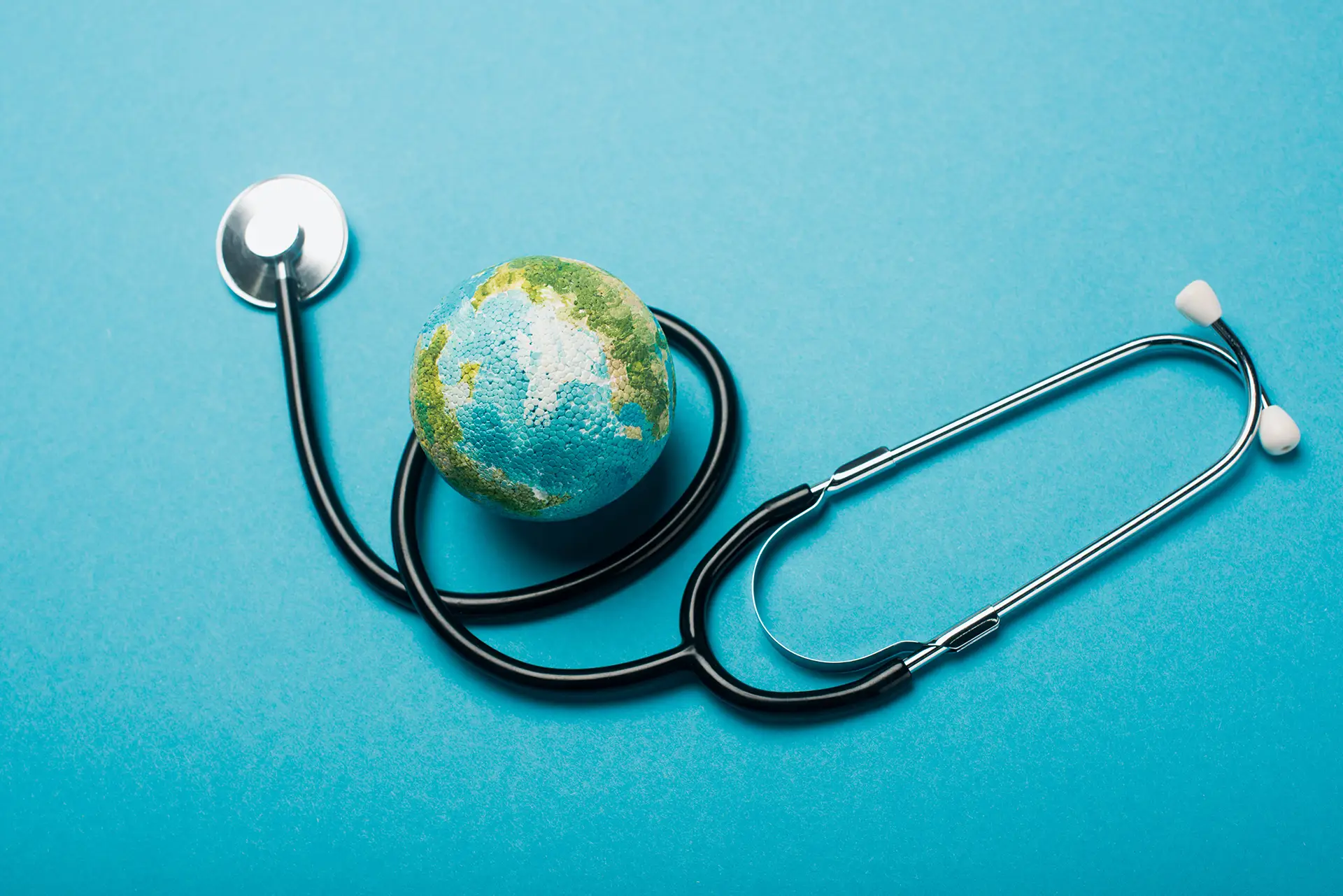What to Know If You’re an American Facing Trouble Far from Home
Traveling abroad solo can be an incredible experience, but sometimes unexpected issues come up, especially in countries where English isn’t the first language. If you find yourself in a situation where you feel vulnerable, overwhelmed, or simply lost in translation, the U.S. Embassy is your go-to source of official help.
Here’s what the embassy can (and can’t) do, plus real-life examples of when to reach out.
What the U.S. Embassy Can Help With
1. Medical Emergencies (Including Interpreters)
If you’re hospitalized and can’t communicate with local doctors, the embassy can:
- Provide a list of English-speaking doctors or translators
- Notify your family (if you authorize it)
- Help you understand local medical procedures
- Assist with logistics like medical evacuation (at your expense)
Note: The embassy won’t pay your hospital bill, but they will help you navigate the system.
2. Lost or Stolen Passport
If your passport is lost or stolen, they can:
- Help you get an emergency passport (often within 24–48 hours)
- Provide a police report template (which may be required for replacement)
- Explain what documents you’ll need and how to get home
3. Arrest, Detainment, or Legal Issues
If you’re arrested abroad, the embassy can:
- Visit you in detention
- Provide you with a list of local English-speaking attorneys
- Help ensure you’re treated fairly under local law
- Notify your emergency contact (with your permission)
They cannot get you out of jail — but they can be your lifeline.
4. Natural Disasters, Protests, or Civil Unrest
If a situation escalates in the country you’re visiting (earthquake, civil unrest, etc.), the embassy:
- Issues travel advisories and safety alerts
- May assist with evacuation if needed
- Helps connect you with resources for safe shelter or transportation
5. Victims of Crime or Assault
If you’re the victim of a crime — including sexual assault — the embassy can:
- Help you find safe housing or medical care
- Connect you with local authorities
- Assist in communicating with family or law enforcement
- Explain your legal rights in that country
6. Emergency Financial Assistance
They can help facilitate a wire transfer from family or friends in the U.S., and in extreme cases, offer a repatriation loan to help you return home.
What the U.S. Embassy Can’t Do
- Pay your medical or legal bills
- Get you out of jail
- Act as your legal representative
- Offer private security or serve as your tour guide
- Replace lost luggage or personal items
- Intervene in private disputes (like with your hotel or airline)
When Should You Contact the Embassy?
As soon as you:
- Are hospitalized and don’t understand what’s happening
- Lose your passport and don’t know what to do next
- Experience a crime or assault
- Get detained or arrested
- Can’t leave the country due to political unrest
- Need to be evacuated due to a natural disaster
How to Find the U.S. Embassy While Abroad
- Use the State Department website to find the local embassy or consulate
- Download the Smart Traveler app for alerts and contact info
- Register your trip with the STEP program (Smart Traveler Enrollment Program) before you go — so the embassy can find and help you in an emergency
Just Go Solo Tip:
Save the embassy’s local phone number and address in your phone and on paper in your day bag. You never know when you’ll need it.
Traveling in a non-English-speaking country can be disorienting when something goes wrong, but you’re not alone. The U.S. Embassy is there to help you get the information, protection, and support you need so you can get back to exploring (and feeling safe doing it).






